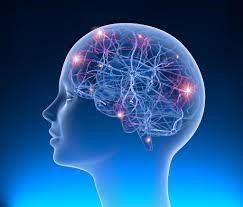What is a seizure
A seizure is a sudden, uncontrolled burst of electrical activity in the brain. They can happen suddenly, provoked or unprovoked.
There are many types of seizures, and they have a range of symptoms and severity. Seizure types vary by where they begin in the brain and how far they spread. Most seizures last from 30 seconds and up to two minutes but can last longer. A seizure that lasts longer than five minutes is a medical emergency.
- Focal motor seizures:
Usually effects a limb or extremity. Usually effects one motor area of the body. Usually the person is aware of the symptoms but cannot control it. - Absence seizure:
Stare into space or make subtle body movements like smacking lips or eye blinking and usually last 5-10 seconds. - Tonic-clonic seizure:
Sudden loss of consciousness, stiffening of the body, and shaking. Can cause respiratory problems and injuries. - Generalized onset seizures:
Can cause a variety of events such as loss of consciousness and convulsions.
Treatment of seizures
This varies by the individual. Most people who have suffered from unprovoked seizures two or more are recommended to be on anti-epileptic medications. Our providers can formulate a treatment plan individual to you. Seizures are very important to be prevented as to not cause lasting injury to the brain.

